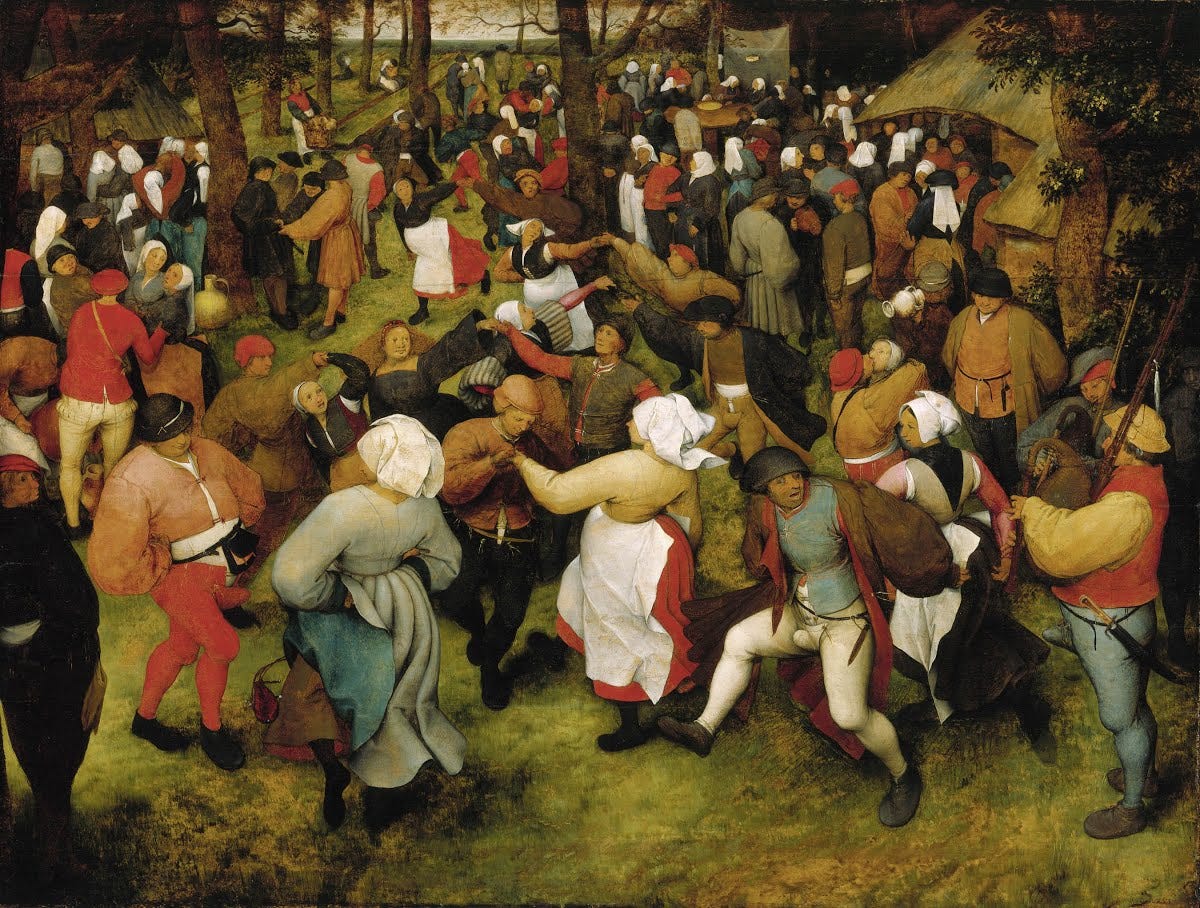The introverted advantage
Embracing introversion in a loud world
Connecting with others is an art shaped by the rhythms of our personalities. Some dive headfirst into the buzz of the crowd, relishing every moment of chatter, while others find solace in the quiet exchange of words. Extroverts might light up a room with their presence, weaving a web of connections with ease. But introverts, with our deliberate pace, often seek something deeper. It's not about the number of people we meet but the quality of the moments we share.
I spent my teenage years in a world where introversion was misunderstood as shyness and a lack of social skills. In reality, introversion means having a social battery mainly energized by solitary activities and introspection rather than socializing.
This attribute made me feel disadvantaged until it became the quality that led me to immense personal development. This is that story.
When I was seventeen, I applied for a year-long student exchange abroad. The selection process involved a group activity, essential since, until then, the committee only knew us from our applications. We were to participate in activities that measured our potential to thrive as students in a foreign country.
I arrived on a chilly Saturday morning, finding a room abuzz with teenage chatter. Despite greeting everyone cheerfully, I knew I would go unnoticed.
The first activity involved building a tower with uncooked spaghetti and gummies. We worked in pairs, unable to speak to each other; the tallest tower would win. I paired with Joaquín, who seemed as much a background character as I felt. We sat on the floor, facing each other, and simultaneously, we started splitting the spaghetti in half to build our structure, understanding that they would likely support the gummies better. Our silent agreement paid off—we built the tallest tower.
That small victory, though seemingly insignificant, felt incredible.
Next were the situational tests, which simulated challenges we might face abroad. My confidence from the first win carried me through, and I answered each scenario with assurance yet without dominating the conversation.
Weeks later, Joaquín and I learned we were the only ones selected. He spent his year in northern Germany; I spent mine in northwest Bavaria.
Reflecting on this thirteen-year-old experience, I recognize how my introversion—once seen as a disadvantage—became a fantastic strength, especially in a world that favors extroversion. I understand we’ve mistaken greater personal exposure and self-disclosure for confidence, risk, and spontaneity.
They are not the same.
From school to professional environments, introverts are thrust into extrovert-preferred situations: networking, constant interaction, maintaining a good social media presence… This can be overwhelming for introverts and make us feel at a disadvantage, just like I felt years ago.
Why are we molding the norms to go with the noise?
What we truly need is more modesty, secrecy, and discretion.
Modesty has taught me to seek internal rather than external validation, shifting my focus from public approval to personal growth and self-awareness.
Secrecy, while a double-edged sword, protects privacy and nurtures trust when managed wisely. It has shown me the value of a life experienced not for an audience but for oneself. In a world where sharing is often indiscriminate, choosing secrecy can usually mean choosing privacy, trust, and serenity.
Discretion, deciding what to share and what to withhold, helps us communicate more effectively based on quality over quantity. This is key for introverts since it advocates for deeper, more meaningful interactions rather than superficial exchanges, leading to stronger relationships. I see it as the precursor to trust.
Reflecting on these virtues, I appreciate how they've enriched my understanding of myself and my relationships. Genuine empathy, born from deep understanding, is beautiful.
Emphasizing these virtues can significantly benefit our society by fostering environments where deep, meaningful interactions are the norm rather than the exception.
Introversion is not about shunning social interaction but engaging selectively, sharing our thoughts and feelings in ways that foster richer connections.
–Catalina
Let’s reflect:
While writing this, I found myself pondering a question that diverges somewhat from my main topic: Do introverts have richer inner worlds? Based on these factors I identified I believe they do—depth of reflection, emotional range, imaginative capacity, self-awareness, and intellectual engagement (also like, overthinking?) What are your thoughts?




Catalina! Nice to see your post in my inbox. I love the spaghetti tower story. Being an introvert myself I'm not sure about having a richer inner world than others. I do have a lot of creative energy and endless ideas and thoughts about life and its possibilities, but I do sometimes wish I was better at bringing that inner life into outer action without the number of worries, hesitations and concerns that sometimes seem to be part of a rich inner process. Sounds like you were able to do that quite successfully in your selection activity process, and perhaps now in daily life.
Catalina, +1 to what Rick said - so nice to see you in my inbox!
I loved this: “we’ve mistaken greater personal exposure and self-disclosure for confidence, risk, and spontaneity.”
Interestingly I’ve become more inverted as I’ve aged. And while I love the depth of my thinking while I’m quietly pondering things, I too wish I could break out of my shell and bring myself into the world a bit more overtly at times.
The thing I would say is that our world places way more value on loud shallowness today than it did in the past. I wish at times a world leader would go on television and explain the depth of a problem and illustrate the complexities and trade offs involved with the solutions, rather than disingenuously create a two-sentence soundbite that is designed to keep them in power or get them elected.
As a result the deep thinkers aren’t in the headlines…but they are out there!